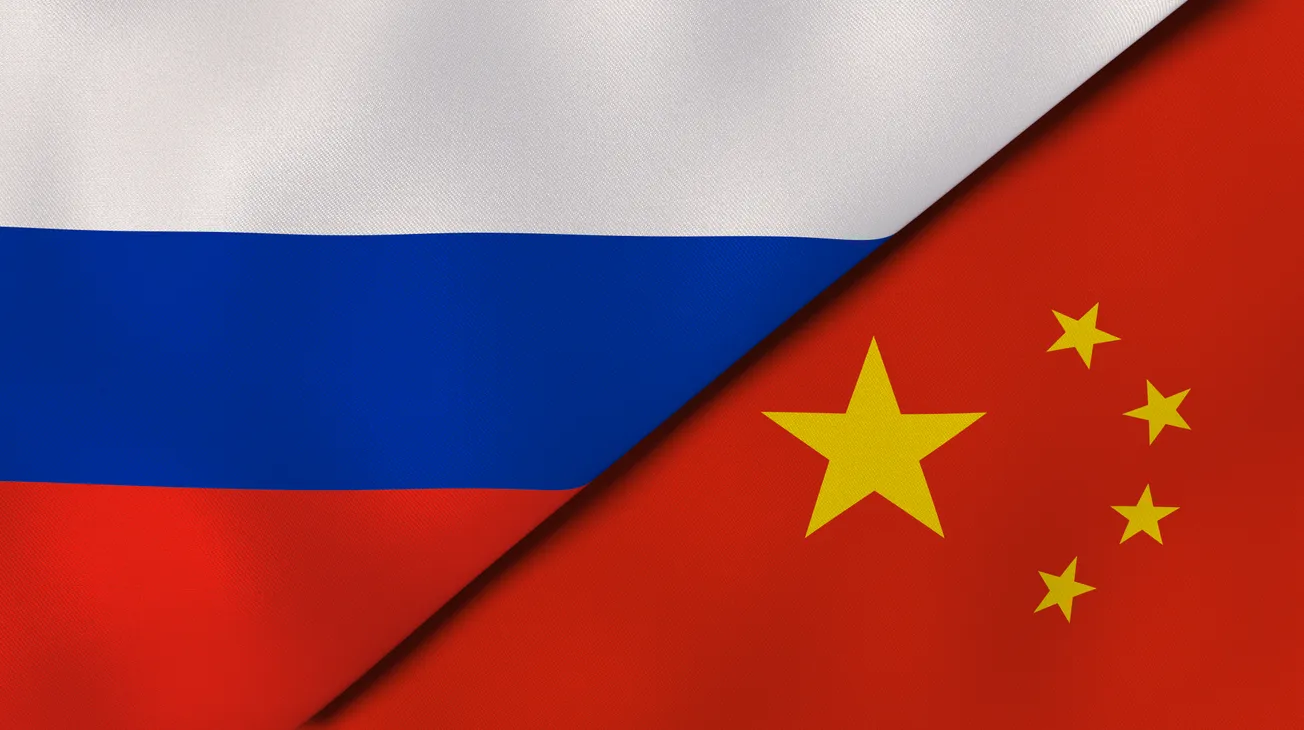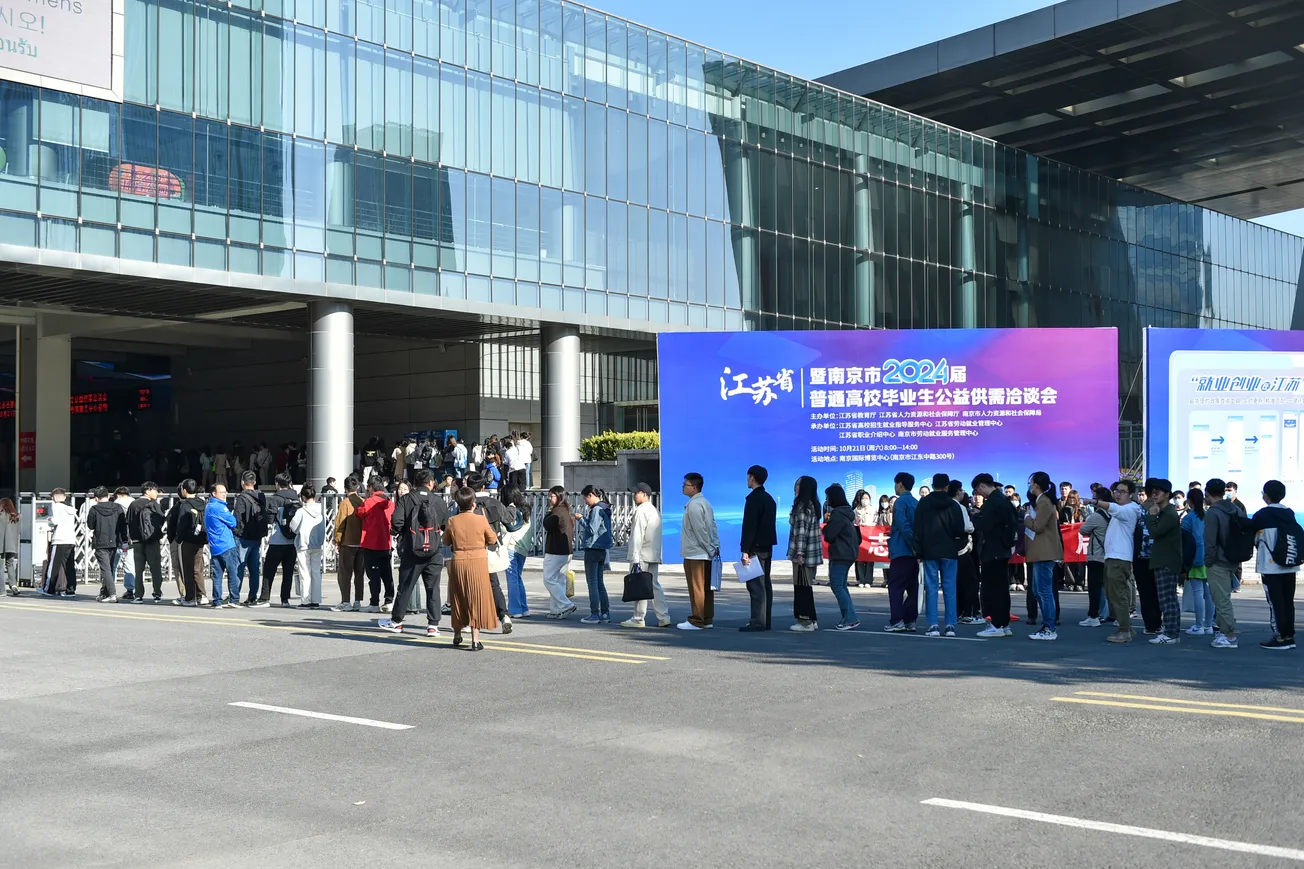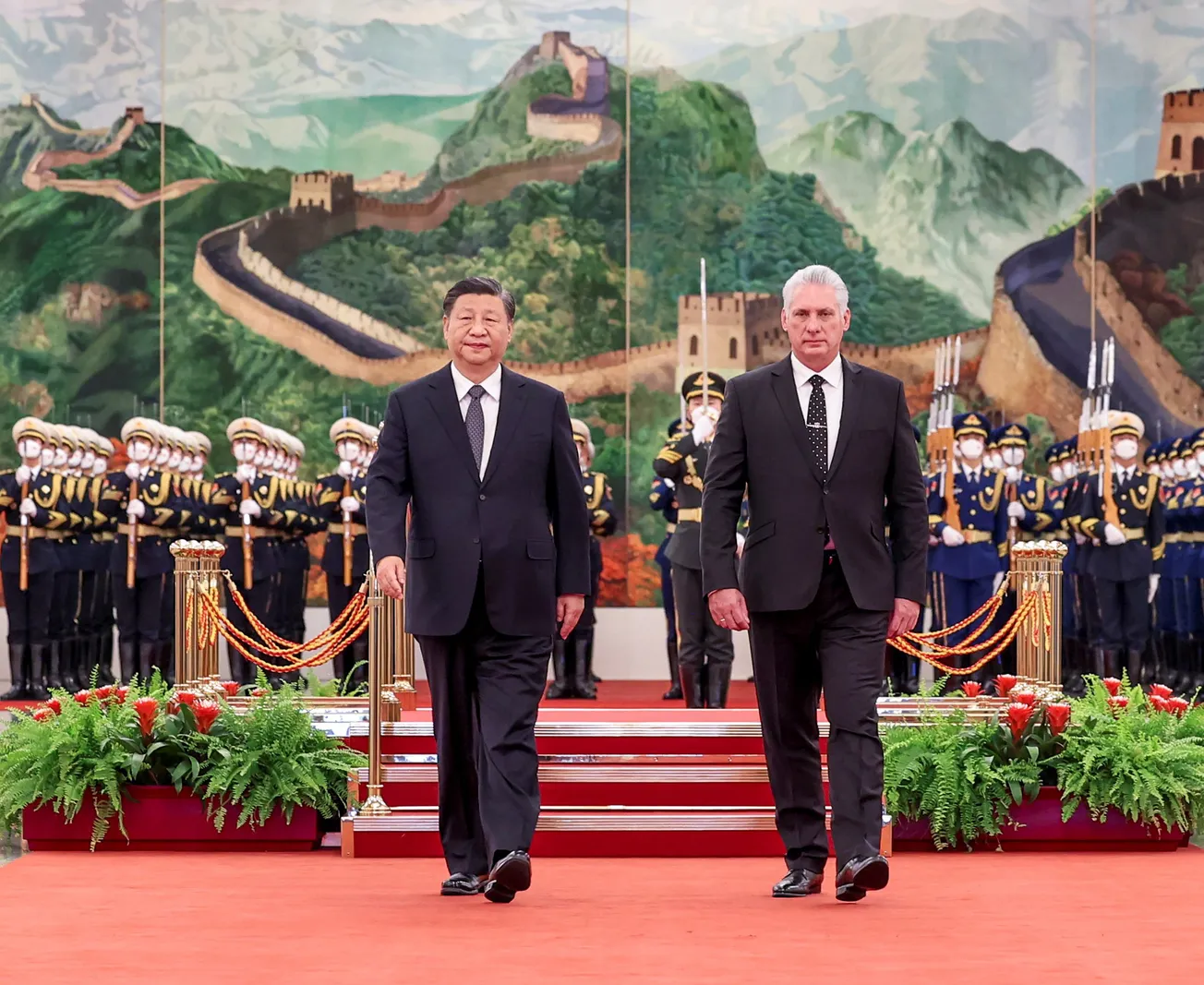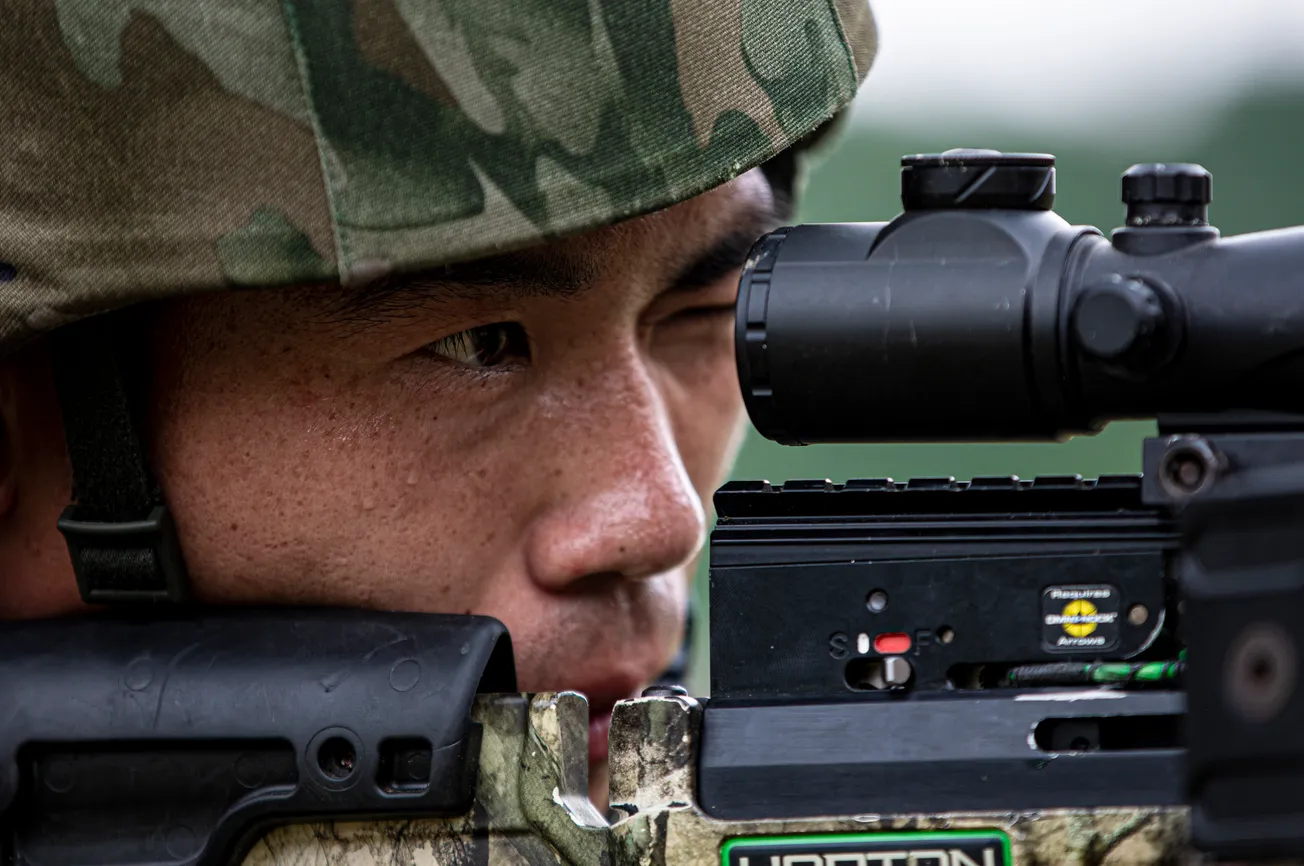Though the mercenary Wagner group swiftly aborted its mutiny last weekend and President Putin managed to maintain the status quo, the hours-long rebellion has left a mark on world politics.
The world watched closely but reacted cautiously as the Russian state-funded private military company marched towards Moscow. Though some hoped Wagner would overthrow President Putin, the resulting anarchy could have plunged the world into another crisis. The fate of the Ukraine war also is not a foregone conclusion, though it is widely believed that the invasion is President Putin's brainchild and pet project.
The muted response from world leaders and governments echoes the gravity of the situation. It has become abundantly clear that there are massive cracks in the Russian security forces and that Wagner is loose cannon. The apparent support for Wagner's unprecedented move among the population highlights citizens' sentiments toward the autocratic leader. His close friend's backstabbing move may have weakened President Putin, yet it is too early to assume he is weak.
This time, world diplomats took a page out of Beijing's foreign policy, terming the mutiny an "internal matter." Beijing, for now, is standing staunchly by its "no limits" friend, supporting Moscow in "maintaining national stability and achieving development and prosperity." A day after mercenaries tried to storm Moscow, China's foreign minister Qin Gang met with Russia's deputy foreign minister Andrey Rudenko, in Beijing to discuss "issues of common concern." And therein lies the crux of the matter.
Just as the world leaders did not root for either the autocratic President or the ruthless mercenaries (it would have been a matter of picking the lesser evil), Beijing is hedging its bets. At the core of Sino-Russia lies their mutual animosity towards America and, in turn, the capitalist West. Beijing and Moscow have joined hands to repel America's growing influence close to their borders.
Both leaders hope to remain in office for life. The two Presidents have also displayed scant respect for international borders. Beijing supports Moscow in its "special military operation" in Ukraine. It is to be expected that President Putin will return the favor if President Xi feels it necessary to use military might to "re-unify" Taiwan.
Beyond politics and diplomacy, the two countries have inked trade pacts that have kept the Russian economy afloat despite a crushing war. Beijing's factories need Russia's vast markets, and sanctioned Russian oil needs insatiable buyers. Russians rely on Chinese-made goods for everything from automobiles to smartphones to garments. The country's vast energy resources make it a formidable player on the global stage.
Despite the cracks that have become more visible, Russia remains a counterweight against the West. A weakened Putin is a less desirable ally. His image has been tarnished. But, many still chose to portray his swift diffusion of the rebellion as a mark of his hold over the Russian military and ruling class.
Given President Xi's penchant for loyalty and his aversion to weakness, the recent events will garner a wait-and-watch approach from Beijing. In the short term, nothing much is likely to change between the two allies. The Chinese leader will cozy up to him as long as President Putin stays in power.
What impact Wagner's actions will have on the ongoing war in Ukraine remains to be seen. President Putin's fate is undeniably linked to the fate of the invasion. Much will depend on how the Russian President will navigate the next few weeks and months.
Like our insights? Show your support by becoming a paid subscriber!









